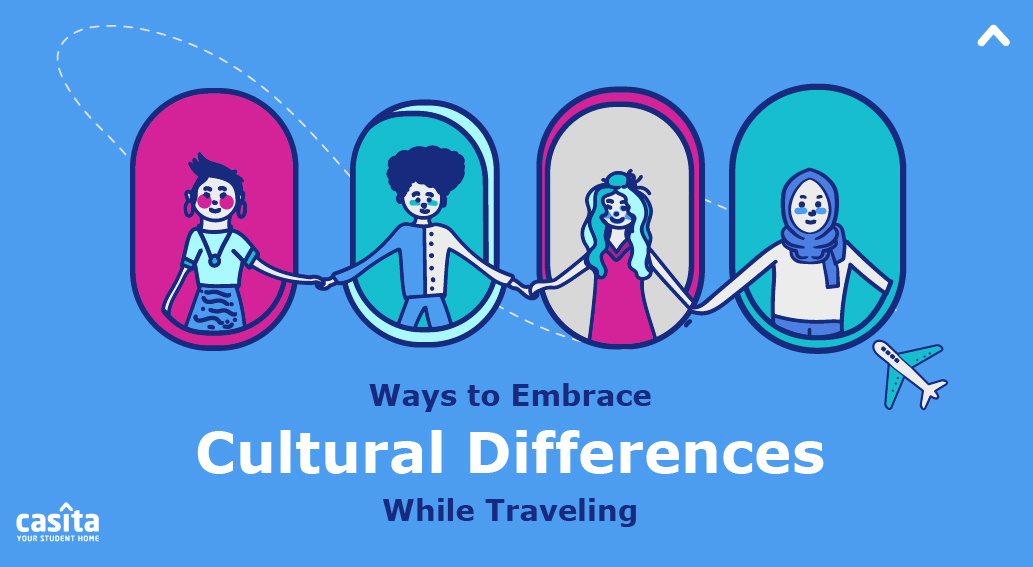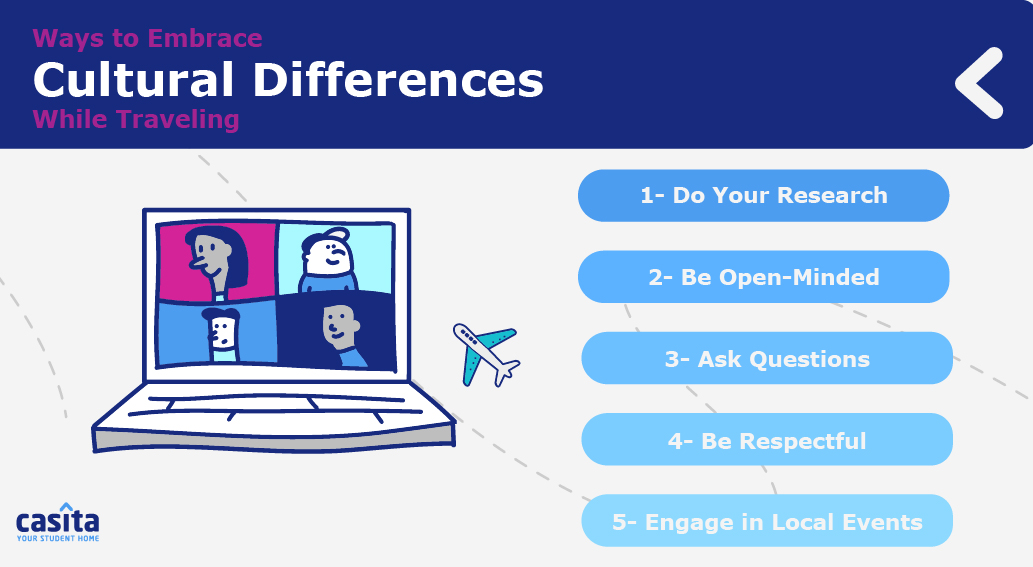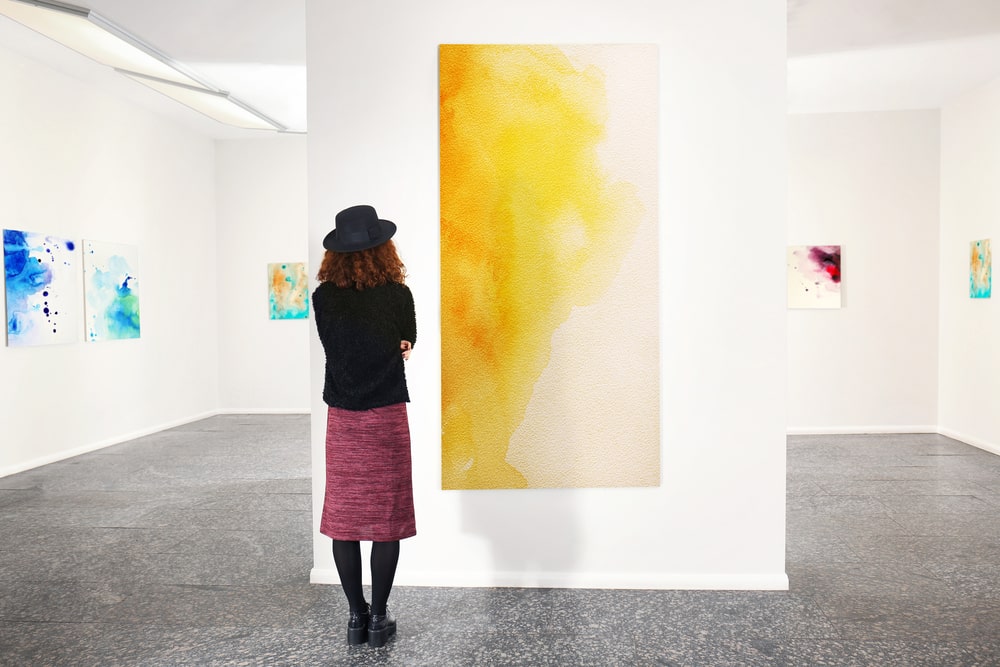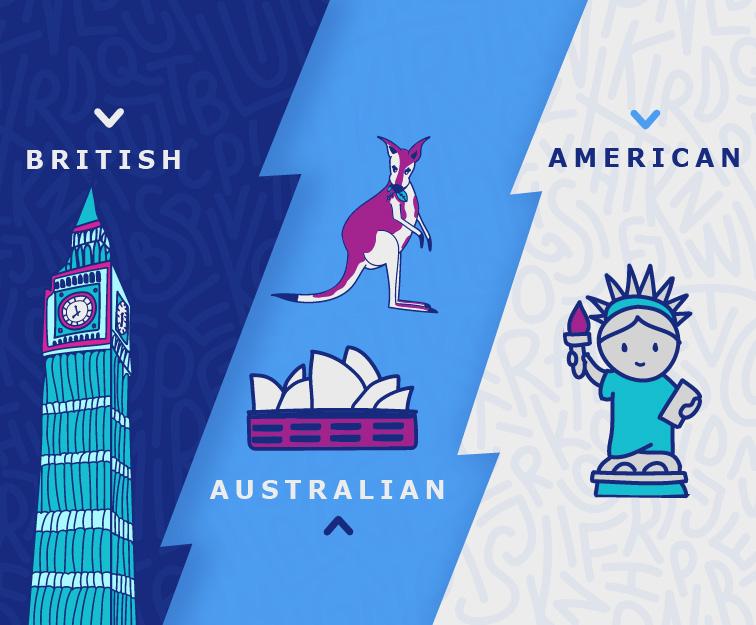Ways to Embrace Cultural Differences While Traveling
Entertainment
Exploring
4 mins read
Share

Updated at: 25 November, 2025
Published at: 08 January, 2021
By Allaa Ashraf
Ways to Embrace Cultural Differences While Traveling
Entertainment
Exploring
4 mins read

Updated at: 25 November, 2025
Published at: 08 January, 2021
By Allaa Ashraf
Share
While travelling to study abroad, they give you tips on how to live on a budget, manage your time, or organise your life in general as a student, but not much is said about embracing the new culture you’re about to encounter.
Travelling is a transformative experience that allows us to explore the world, connect with diverse cultures, and gain a deeper understanding of humanity. To fully appreciate each destination's essence, respecting, understanding, and embracing cultural differences is vital. By immersing ourselves in local customs, traditions, and practices, we can forge meaningful connections with the people we encounter and enrich our travel experiences.
This article will explore various ways to embrace cultural diversity while travelling, foster mutual respect, and create lasting memories, making your experience abroad as productive as possible.
What Does “Cultural Differences” Mean?
Cultural diversity refers to the different values and historical experiences people acquire from their cultures. These differences can influence an individual's behaviour and motivation. Embracing cultural diversity means appreciating these differences and valuing the contributions of people from different cultures. This can lead to a more inclusive environment where everyone has equal opportunities regardless of their cultural background.
Here are some tips on embracing cultural diversity while travelling:

1. Do Your Research Beforehand
Cultural awareness is important. Cultivate a curious mindset and approach your travels with an open heart and an eagerness to learn about new cultures. Research your destination's customs, traditions, and history to gain insights into the local way of life. You can find information about different cultures online, in books, or by talking to people who have travelled to the same place.
By showing genuine interest, you signal respect and appreciation for the uniqueness of the culture you are about to encounter. Doing your own research about the country's culture is a great way to develop your understanding of cultural diversity and prepare yourself for the differences you will experience. Look for local cuisine, etiquette, etc., to learn about the native people's culture and history.

2. Be Open-Minded and Avoid Stereotypes
You need to have some cultural competence and be open-minded when you're travelling to a new culture. Cultural stereotypes and generalisations can lead to misunderstandings and perpetuate biases. Approach each individual encounter with an open mind, recognising that cultural diversity means individuals within a culture can have varied perspectives and beliefs.
Embrace the differences you encounter, appreciating the richness they add to the global tapestry of humanity. This also means being willing to learn about new things and see things from a different perspective. It also means respecting the locals and their customs, even if they differ from yours.
3. Ask Questions
If you're unsure about something, don't hesitate to ask questions. The locals will appreciate your interest in their culture and will be happy to answer your questions.
4. Be Respectful of Local Customs
When you're travelling, it's important to be respectful of local customs. This means dressing appropriately, avoiding making offensive gestures, and being mindful of your personal space. Here are some ways to show genuine respect and interest in the culture you’re encountering:
Learn Basic Local Phrases
Language is a key element in understanding and connecting with a new culture. While English may be a widely spoken language, learning basic phrases in the local tongue can go a long way towards breaking down barriers and creating meaningful interactions. Simple greetings like thank you and please are excellent starting points that locals will surely appreciate.
Observe and Adapt to Local Customs
Observation is an essential skill when navigating cultural differences. Pay attention to how locals behave, interact, and carry out daily routines. Embrace the local customs and adapt your behaviour accordingly.
For example, in some cultures, it might be customary to remove your shoes before entering someone's home, while in others, it is impolite to tip in restaurants. By respecting these practices, you demonstrate cultural sensitivity and a willingness to adapt.
5. Participate in Local Festivals and Celebrations
Festivals and celebrations provide an excellent opportunity to immerse yourself in a culture's vibrancy and spirit. Attend local festivals, religious ceremonies, and traditional events to witness firsthand the customs and rituals that hold deep significance for the community. Participate with humility and respect, honouring the cultural heritage while cherishing the moments shared with locals.
.jpg)
6. Visit Art Exhibits, History Museums, and Enjoy the Food
Art, music, and cuisine are intrinsic reflections of a culture's identity and history. Visit local art galleries, museums, and music venues to gain insight into the artistic expressions of the community. Delight your taste buds by sampling authentic regional dishes and beverages, savouring the flavours, and learning about their significance in the local culture.
Also, visiting tourist attractions is one of the best ways to embrace cultural differences while travelling. History museums and art exhibits can help you learn how to interact with locals and better understand the country's history. You can also check out virtual tours of museums and historical places to experience the culture of other countries without leaving your home.

7. Learn All About the Cultural Differences in Body Language and Non-Verbal Communication
While doing your research, look for local gestures and hand signals. These might seem trivial, but a positive gesture or hand signal in your country might be highly offensive in another. For example, the OK sign, where you put your thumb and finger together to shape a circle, is used in the US to convey agreement. However, it is considered offensive in Brazil, Spain, Greece, and Turkey.
Furthermore, expect a firm handshake in Australia and Brazil; however, firm handshakes are considered rude in Turkey. Shaking hands in Russia at a threshold level is considered unlucky.
8. Exchange Cultures
In addition, welcoming friends from different cultural backgrounds to dinner at your home is mutually beneficial and fun. You can help them understand your own culture, and you can learn more about theirs.
Serve your favourite local dish and discuss its ingredients and story. Each time you meet with those friends, enjoy a meal from a different country and let the native friend talk about their country's culture and history.

9. Be Patient
It takes time to adjust to a new culture. Don't expect to understand everything right away. Just relax, be patient, and enjoy the learning process.
And there you have it! Embracing cultural differences while travelling is a gesture of respect, a step towards diversity and inclusion, and a transformative journey that enriches our understanding of the world.
We forge meaningful connections that transcend borders by cultivating a curious mindset, adapting to local customs, and engaging in authentic interactions. Through these experiences, we come to realise that despite our differences, we are united in our shared humanity. So, let us travel with an open heart, celebrate diversity, and cherish the profound lessons each culture imparts to our souls!
Entertainment
Exploring
By Allaa Ashraf
Share
Entertainment
Exploring
Updated at:
Published at:
By Allaa Ashraf
Share





